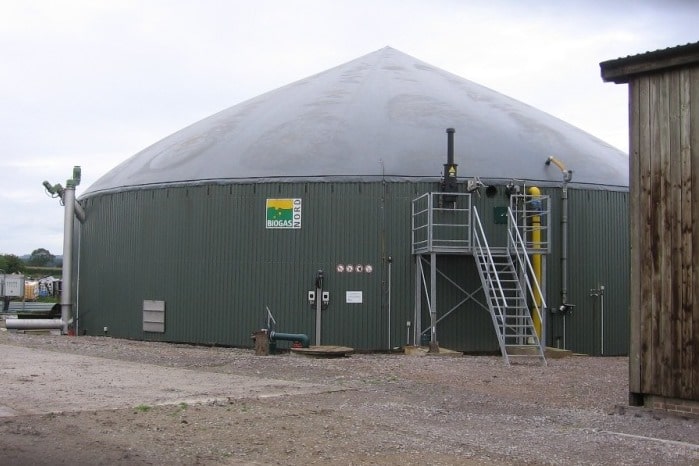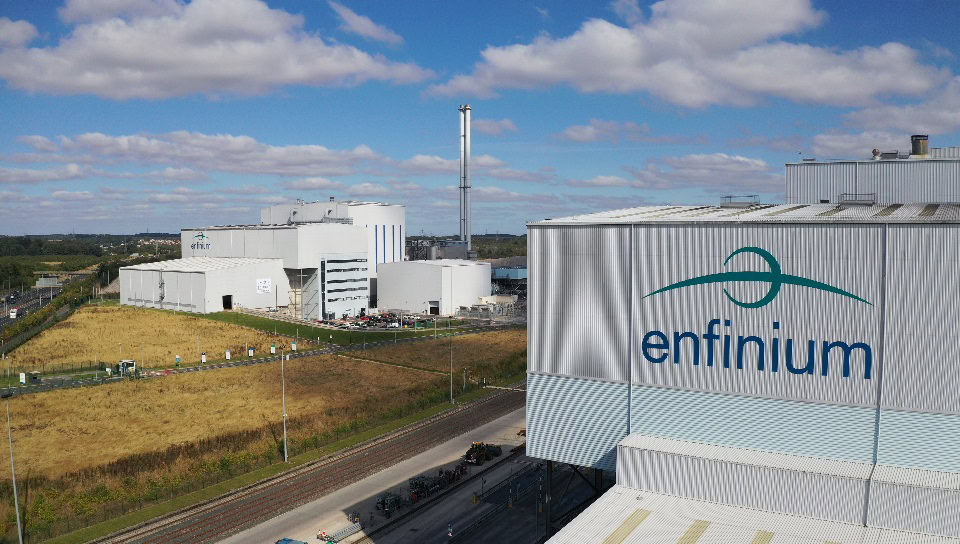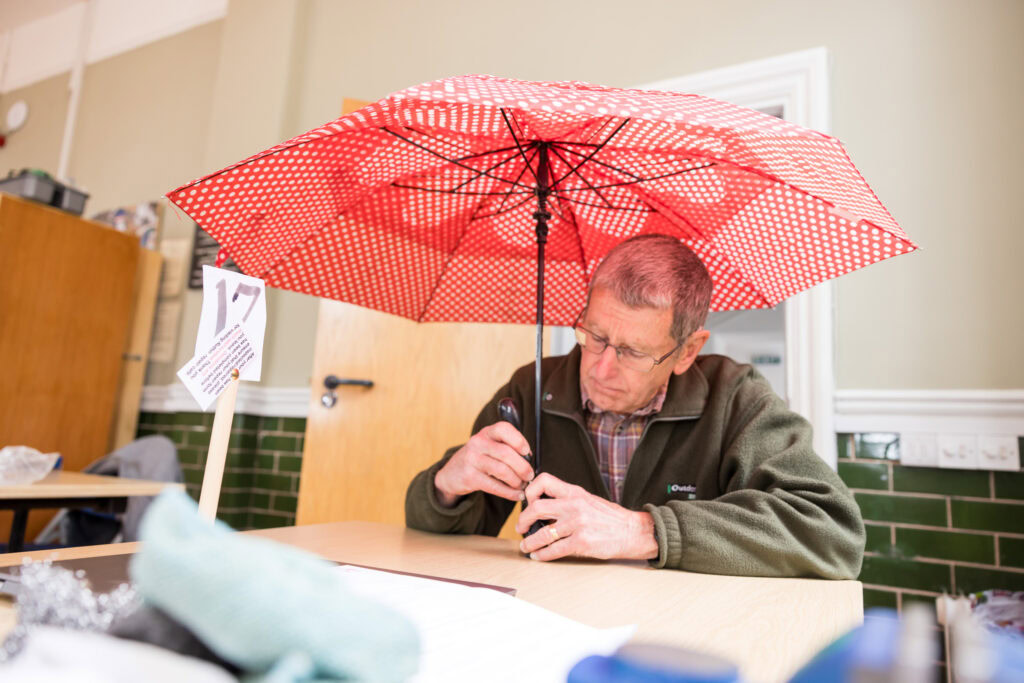Dorchester Crown Court heard yesterday (23 Feb) that Matthew Pitt and David Bartlett were working at Lowbrook Farm, owned by Clifford Owen Yeatman, in Bechalwell, Blandford Forum. Mr Yeatman was also the sole director of Biogas Nord UK, which developed the AD plant at the farm.

The AD plant at Lowbrook Farm includes a digester tank where agricultural waste, cow slurry and energy crops are heated and mixed by agitators to generate biogas for energy generation. The biogas contains asphyxiating gases methane and dioxide, as well as the highly toxic hydrogen sulphide to which short term exposure can cause rapid unconsciousness and death.
According to the Health & Safety Executive (HSE), on 24 June 2009, Mr Pitt and Mr Bartlett, both from Sturminster Newton, were tasked with opening the roof of the digester tank at the AD facility in order to free a stirring mechanism which had stopped moving due to a crust forming in the tank.
As they did so, they were engulfed by toxic hydrogen sulphide gas, after which both men lost consciouslness. According to HSE, when Mr Bartlett came round, he found Mr Pitt lying next to him but could not get a response.
Mr Bartlett then alerted other people on site to get help and an ambulance was called. Two paramedics and two other farmworkers also suffered from the effects of the fumes. Mr Pitt was later declared dead without having regained consciousness.
[testimonial id = “187” align=”right”]
A subsequent investigation by HSE found a number of unsafe practices and failings during both the construction and operation phases of the AD plant.
According to HSE, Mr Yeatman did not assess the risks associated with the plant in general or with opening the roof. HSE said the roof was not designed for routine removal and its opening should only have been required rarely had the plant been operating correctly. However, the roof was opened five times by people working for Mr Yeatman from March 2009 up to and including the day of the incident in June 2009.
In addition, HSE found that workers were not trained to remove the roof and did not recognise that the removal of the roof was a specialist job. The risks from substances generated in the AD process, including explosion and exposure to toxic gases, were “poorly understood”, HSE said.
Furthermore, work at height during the removal of the roof was also carried out without adequate safety precautions.
The investigation also identified that a previous similar incident had never been reported to HSE. On 1 August 2008 farm worker Joerg Grondke fell unconscious after he was exposed to toxic gas when he was replacing the clamps that held the roof seal in place.

While masks were supplied after the 2008 incident workers were never trained in their use and they were taken off once the roof was removed in the mistaken belief that the danger had passed. The masks were also not face-fitted or properly maintained.
Fines
In sentencing, Clifford Owen Yeatman, of Lowbrook Farm, Blandford Forum, Dorset, was fined a total of £15,000 as a director of Biogas Nord UK (Ltd) after pleading guilty to two breaches of the Health and Safety at Work etc Act 1974. He also pleaded guilty to two further breaches of the act as a partner of CO and RA Yeatman and was fined £45,000. His company, Farmergy Ltd, also of Lowbrook Farm, was fined £10,000 after pleading guilty to breaching section 42 of the Health and Safety at Work etc Act 1974. Both Mr Yeatman and his company Farmergy Ltd were ordered to share £75,000 in costs.
When contacted by letsrecycle.com, Mr Yeatman declined to comment.
HSE
HSE inspector Annette Walker said: “The previous incident involving Mr Grondke should have served as a warning about the risk of toxic substances when opening the roof. If that risk had been identified and safe systems of work put in place to prevent exposure to workers, the tragic death of Matthew Pitt would have been avoided.
“While farm energy generation from anaerobic digestion is an emerging application in the UK, anaerobic digestion has been used here for several decades for treatment of sludge by water companies. The risks associated with access to confined spaces and the associated potential for exposure to hydrogen sulphide in anaerobic digestion facilities are well-known.”
Related Links:
–HSE








Subscribe for free